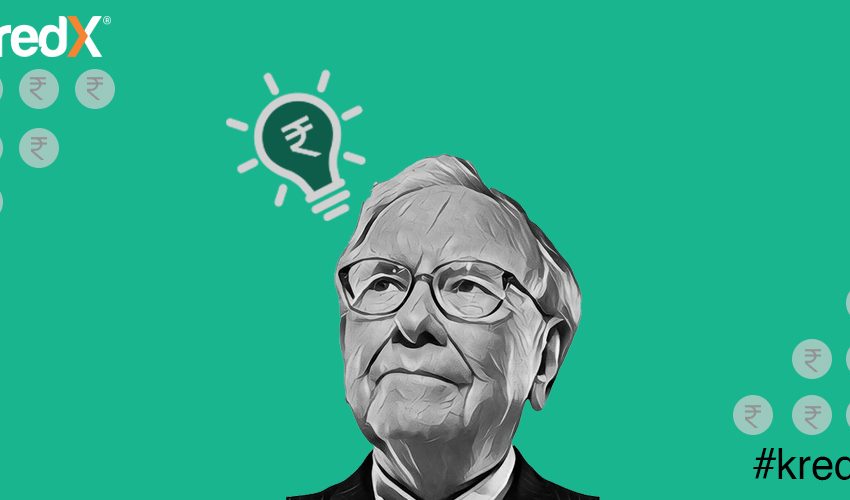
4 Investment Lessons To Learn From Warren Buffett
If there’s one person that the financial world and its stalwarts unanimously look up to and admire, it must be Warren Buffett, the American business magnate and investor. The Oracle of Omaha has often called his company, Berkshire Hathaway, his canvas as it serves as the testament to his investment rules. Once a year, Buffett sends a letter to all his company’s shareholders with his investment insights that pretty much becomes the gospel for the financial world. Here we take you through some of the key takeaways from the 2017 Shareholder Letter that can become your investment guideline for years to come.
Don’t let fear dictate your decisions
“The years ahead will occasionally deliver major market declines that will affect virtually all stocks. No one can tell when these traumas will occur. During such scary periods, you should never forget two things: First, widespread fear is your friend as an investor, because it serves up bargain purchases. Second, personal fear is your enemy. It will also be unwarranted.”
Most of us are guilty of cowering when the markets are in a bear phase and only make confident investment decisions during the bull phase. This is exactly what Warren Buffett is warning us against. Make use of the widespread fear because prices will be at its lowest and this could be the right time to invest in stocks.
Interestingly, many investors avoided buying Berkshire Hathaway shares, because Warren Buffet is old, the company was big and certain “Trump” parameters too crept in, which means expensive shares for nothing. Here’s the funny bit. Over the last 12 months, those shares rose by 29 per cent! Always focus on the long-term effects of an investment in your financial well-being and not on short-term forecasts.
Don’t fall for sugar-coated sales gimmicks
“Can you imagine an investment consultant telling clients, year after year, to keep adding to an index fund replicating the S&P 500? That would be career suicide. Large fees flow to these hyper-helpers, however, if they recommend small managerial shifts every year or so. That advice is often delivered in esoteric gibberish that explains why fashionable investment “styles” or current economic trends make the shift appropriate.”
Agents or distributors often will pull you into a product that on the outside may seem like the deal of the century but in reality, is a regular product that earns them a sizeable commission. One word. BEWARE! It’s important to be able to see through such gimmicks and use your discretion and knowledge to make the most profitable decision for yourself.
Make the best of a changing economy
“Charlie (Charlie Munger, the company’s Vice-Chairman of the Board of Directors) and I have no magic plan to add earnings except to dream big and to be prepared mentally and financially to act fast when opportunities present themselves. Every decade or so, dark clouds will fill the economic skies, and they will briefly rain gold. When downpours of that sort occur, it’s imperative that we rush outdoors carrying washtubs, not teaspoons. And that we will do.”
It’s important for investors to be able to not let go of opportune moments. A wise investor would make use of the opportunity of a changing economy to earn big.
Expensive doesn’t always mean better
“A number of smart people are involved in running hedge funds. But to a great extent, their efforts are self-neutralizing, and their IQ will not overcome the costs they impose on investors. Investors, on average and over time, will do better with a low-cost index fund than with a group of funds.”
It’s a no-brainer that a lower expense ratio means higher returns for an investor. If two products are similar and don’t have a definite edge over the other, opt for the low-cost product.
Now that you’re armed with these investment gems from the world’s top investor and the second richest man himself, how are you going to make changes to your investment strategy? On that note, we leave you with our favourite investment quote from Warren Buffett.
“Rule No. 1: Never lose money
Rule No. 2: Never forget Rule No. 1”



